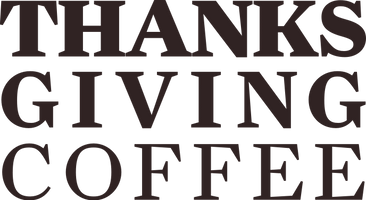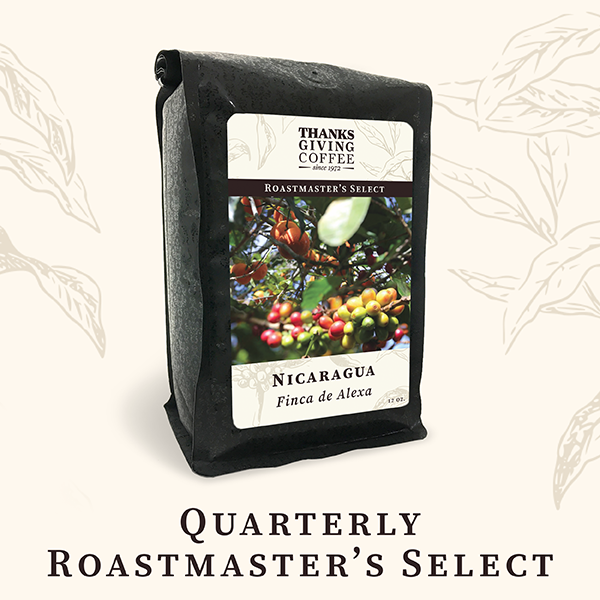Quarterly Roastmaster's Select Coffee Beans
Quarterly Roastmaster's Select Coffee Beans
Have you been interested in our Roastmaster Select Club but were afraid to make the monthly subscription commitment? Here is your solution - the Quarterly Roastmaster's Club! This quarter's offering is: Nicaragua Finca Alexa. See below for more info...
Every quarter our Roastmaster, Jacob Long, will select one of the recent RSC coffees to feature for a limited time. This gives you the opportunity to try one of these rare, limited quantity coffees and see why the Roastmaster's Club is the place to be.
The tradeoff is that the individual selection will be at Market Price which will vary.
Learn MoreAbout this coffee...
-
Tasting Notes:Rich, Full-bodied, Candied Citrus
-
Process:Wet/Washed
-
Region:Nueva Segovia, Nicaragua
-
Varietal:Typica, Catui, Borbon
-
Altitude:1500 – 1700 masl
Nicaragua Finca Alexa
This month’s Roastmaster’s Selection was produced BY Alexa Marin, who lives with her two sons in the mountains of Northern Nicaragua, near the border of Honduras, where they focus on growing the best coffee possible. She has been a coffee farmer for many years and has worked with the cooperative PRODECOOP since 1992, currently serving as their gender equality coordinator.
During a visit to Nicaragua in 2013, we had the opportunity to tour Alexa’s farm. Above her coffee plants was an over-story of native trees and scattered here and there, an occasional volunteer orange tree. Many oranges had fallen to the ground and were decomposing into the soil which made me wonder what affect this could have on the flavor of the coffee cherries.
Later that day we traveled to the PRODECOOP tasting room to do a blind tasting of coffees from 17 different farms. One coffee really jumped out as overtly sweet and citric. Guess what, it happened to be from Alexa’s farm!
We're so thrilled to share this coffee with you! Remember to leave us a review and add a photo to earn more beans, for more discounts!
Customer Review
Coffee to Water Ratio
Using the correct amount of coffee will ensure that your coffee is brewed to strength, without over-extracting or under-extracting the coffee to compensate for an inappropriate dose. We recommend 2 grams of coffee for every fluid ounce of water used to brew. Weighing coffee is the most accurate way to measure the appropriate dose. If a scale is not available, we recommend 2 heaping tablespoons of ground coffee for every 5 ounces of water used to brew.
Grind Size
Producing the correct particle size in ground coffee is one of the most important steps in coffee brewing. In general, a finer grind will produce a more intense brew and a coarser grind will produce a less intense brew. At the same time, a grind that is too fine will produce an over-extracted, astringent brew, and a grind that is too coarse will produce a weak, under-extracted brew lacking flavor. In pour-over methods, grind size also affects the rate of extraction, as water will pass more slowly through a finer grind, and more quickly through a coarser grind. We strongly recommend burr grinders over blade grinders.
Water Temperature and Quality
Water temperature dramatically affects the extraction of coffee’s flavor during brewing. We recommend brewing with water at 200-202° Fahrenheit for best results. Using fresh, clean, chlorine-free water is essential.
Coffee 101
Discover how to make the most in your cup with our brew blog - Coffee 101. Brewing variations, roast colors, coffee storage, steaming, and so much more. Not just for beginners, this info has gems for all coffee enthusiasts from novice to barista and beyond.



